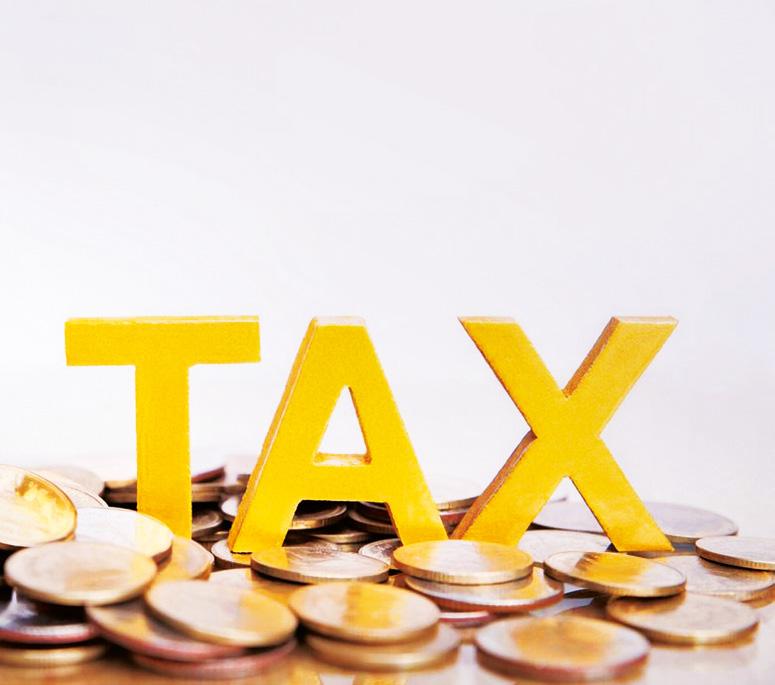
3 minute read
Tax administration law takes effect
Quy Nguyen
Vietnam has passed a new Law on Tax Administration No.38/2019/QH14, effective from 1 July 2020. Under the new law, tax authorities have been granted additional enforcement powers. The new law makes it a little easier for both individuals and entities to file taxes. There are a number of other notable changes, as outlined below.
Advertisement
enforcement -party transactions on
Under the new law, tax authorities will have additional power to collect tax, particularly in instances where individuals or companies attempt to evade tax.
This will include instances where companies fail to abide by transfer pricing requirements and transactions where entities intentionally attempt to avoid paying tax.
To help ensure compliance, Vietnamese tax authorities will increase cooperation with international jurisdictions through information exchanges.
Further, businesses that engage in transfer pricing will be required to file these as a separate return, rather than include this information as part of the corporate income tax return.
Tax administration certificate
Pursuant to the new regulations at Article 34, tax registration certificates are granted within three working days from receipt of taxpayers’ valid tax registration submissions. In instances of certificates being lost or damaged, they will be reissued by tax authorities within two working days of receipt of all required documentation.
Tax declaration and payment
Taxpayers are required to make tax declarations and calculations at local tax offices where the head office is based. In cases where taxpayers adopt a centralised accounting at their head office, they must declare tax at the head office and calculate and allocate tax obligations to each province.
The deadline for annual personal income tax (PIT) filing of individuals directly declaring PIT with the tax authorities has been increased to 120 days from the end of the calendar year, from the current 90-day deadline.
Taxpayers may make supplementary declarations of erroneous tax dossiers within 10 years from the date of expiration of the submission deadline of the erroneous tax declaration but
before the announcement of the tax or other competent authorities on tax audit or inspection.
Once it has been implemented, individuals will be able to use their citizenship code to file taxes . At present, individuals are required to have a tax code and an identity card

number for this purpose.
transparency
Taxpayers have the right to know the timeline for processing tax refunds, non-refundable amounts, and the legal basis for such non-refundable tax amounts. Further, they will not be penalised if they declare and pay taxes following the official guidance of tax authorities or competent state authorities.
Tax administration e-commerce on
The State Bank of Vietnam will play a role in the taxation of e-commerce activities, including the building and development of a nationwide payment system to facilitate the collection of taxes from e-commerce activities.
Commercial banks will be responsible for the collection of tax on behalf of overseas parties which conduct e-commerce activities and derive income from Vietnam.
Non-resident suppliers doing business in Vietnam via e-commerce, digital base and other services who do not have a permanent establishment in Vietnam are obliged to register, declare and pay tax in Vietnam, or authorise other parties to do so on their behalf.
The Vietnamese party, when making payment to foreign organisations and individuals who are not present in Vietnam but carrying out business based on a digital intermediary platform, has the obligation to withhold tax on behalf of the foreign party according to the tax code granted to these organisations and individuals.
E-invoicing
Decree 119/2018/ND-CP provides that e-invoicing application is compulsory from 1 November 2020. However, according to Article 151.2 of the LTA, the compulsory application of e-invoicing has been delayed to 1 July 2022.










